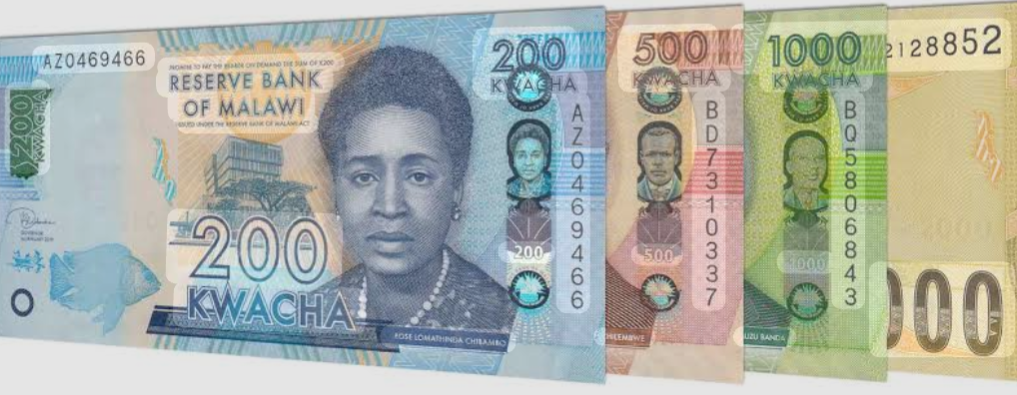RBM Maintains Policy Rate At 26.0 Percent

Reserve Bank of Malawi (RBM)’s 2nd Monetary Policy Technical Forum has maintained the policy rate at 26 percent as it forecasts inflation to average 27 percent this year.
The decision was made at a Monetary Policy Committee (MPC) meeting held in Mzuzu on Tuesday and Wednesday, where the Liquidity Reserve Requirement ratios for local currency and foreign currency deposits were maintained at 10 percent and 3.75 percent, respectively.

Addressing the media in Mzuzu on Thursday, the committee led by the Reserve Bank of Malawi’s (RBM) Senior Economist Mark Lungu reported on the central bank’s decision attributing to observations that, despite moderating inflation pressure, low agricultural production remains a significant risk to inflation, necessitating borrowing costs to align with inflation’s effects.
“In arriving at this decision, the Committee noted that inflationary pressures have moderated. However, risks remain, including those stemming from low agricultural output and fiscal imbalances.
“The MPC reaffirmed its earlier position that the current monetary policy stance is sufficiently tight to steer inflation downwards toward the medium-term objective, supported by targeted supply-side interventions and fiscal consolidation.” Reads the report in part.
RBM is also forecasting inflation rate which slightly dropped from 30.7 percent in February to 30.5 percent in March 2025, to average 27 percent in 2025 down from 32.2 percent in 2024.
Currently, commercial banks have adjusted upwards their May reference rate or base lending rate by 10 basis points from 25.10 percent to 25.20 percent.
Professor Chrispin Mphande observed that the use of maize as driver in the determination of food inflation needed to be more diversified in as far as food security is concerned.
“We need to diversify, the notion sent across to portray an image of maize alone being the driver in measuring food inflation is misleading,” said the professor from MZUNI’ said faculty of
Professor Mphande’s observation augers well with the Nico Asset Managers highlighted in its monthly economic report for March that rising interest rates may result in a slowdown of inflation due to a decrease in consumption spending
By: Draxon Maloya, Mzuzu.




